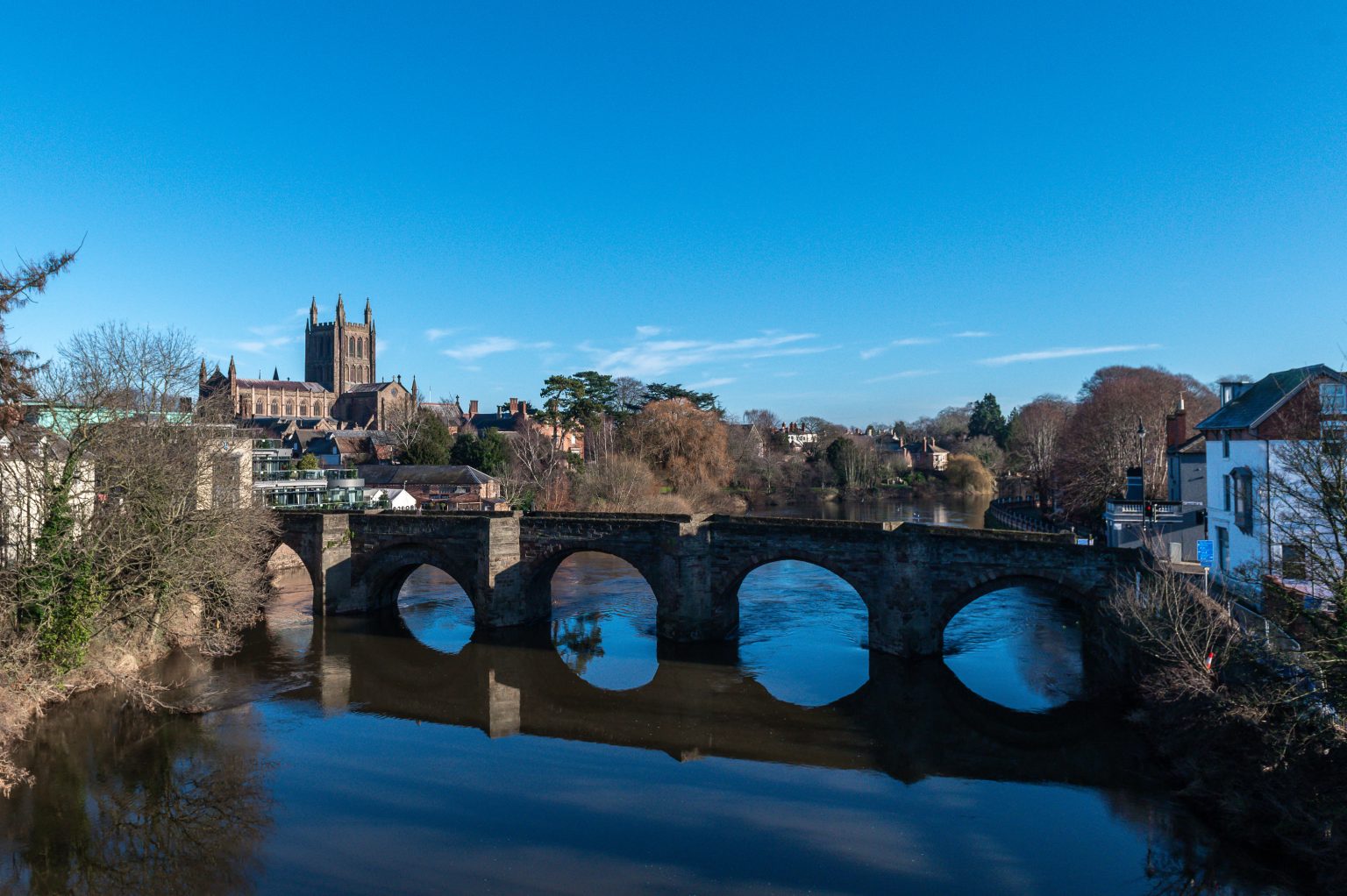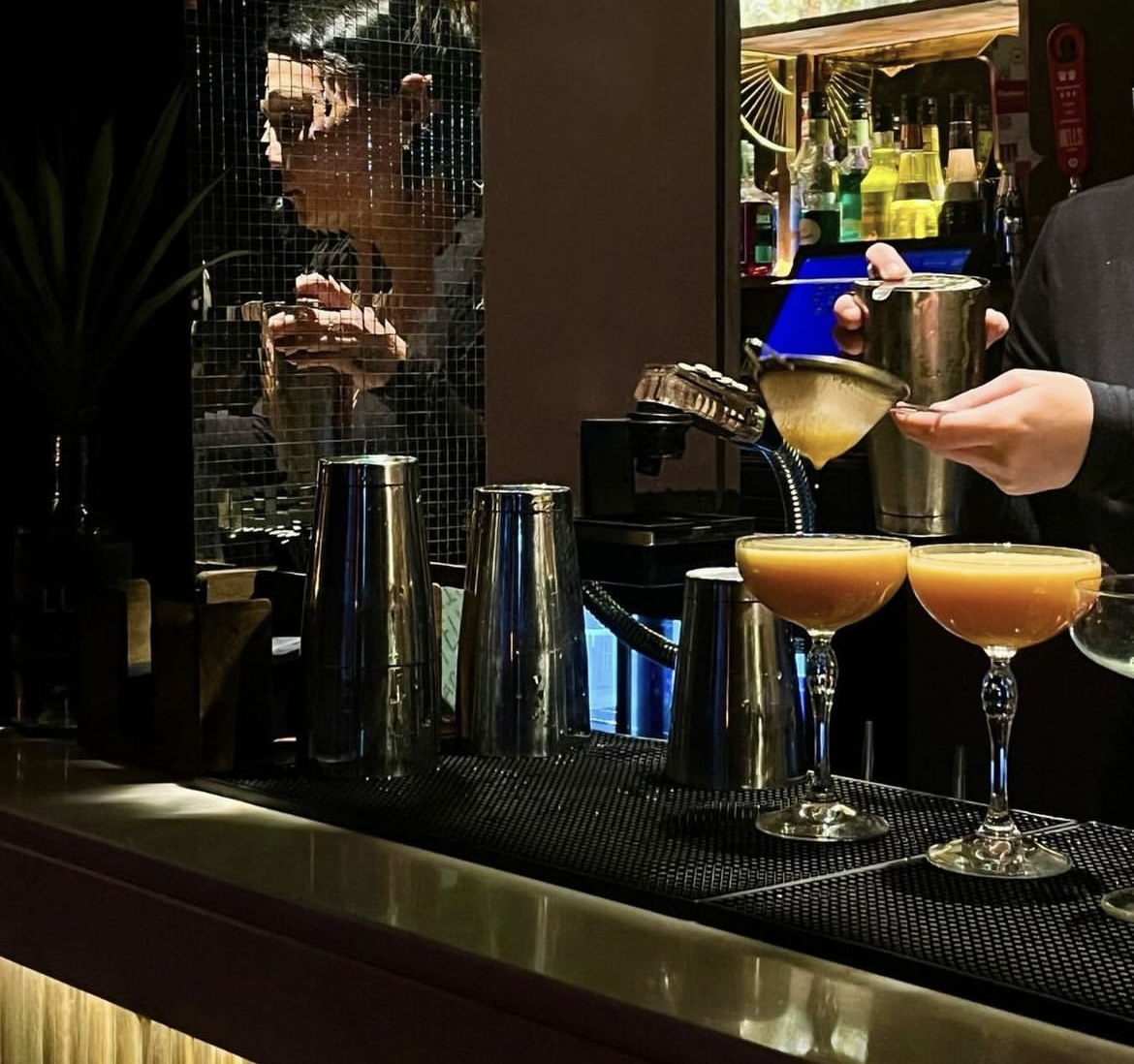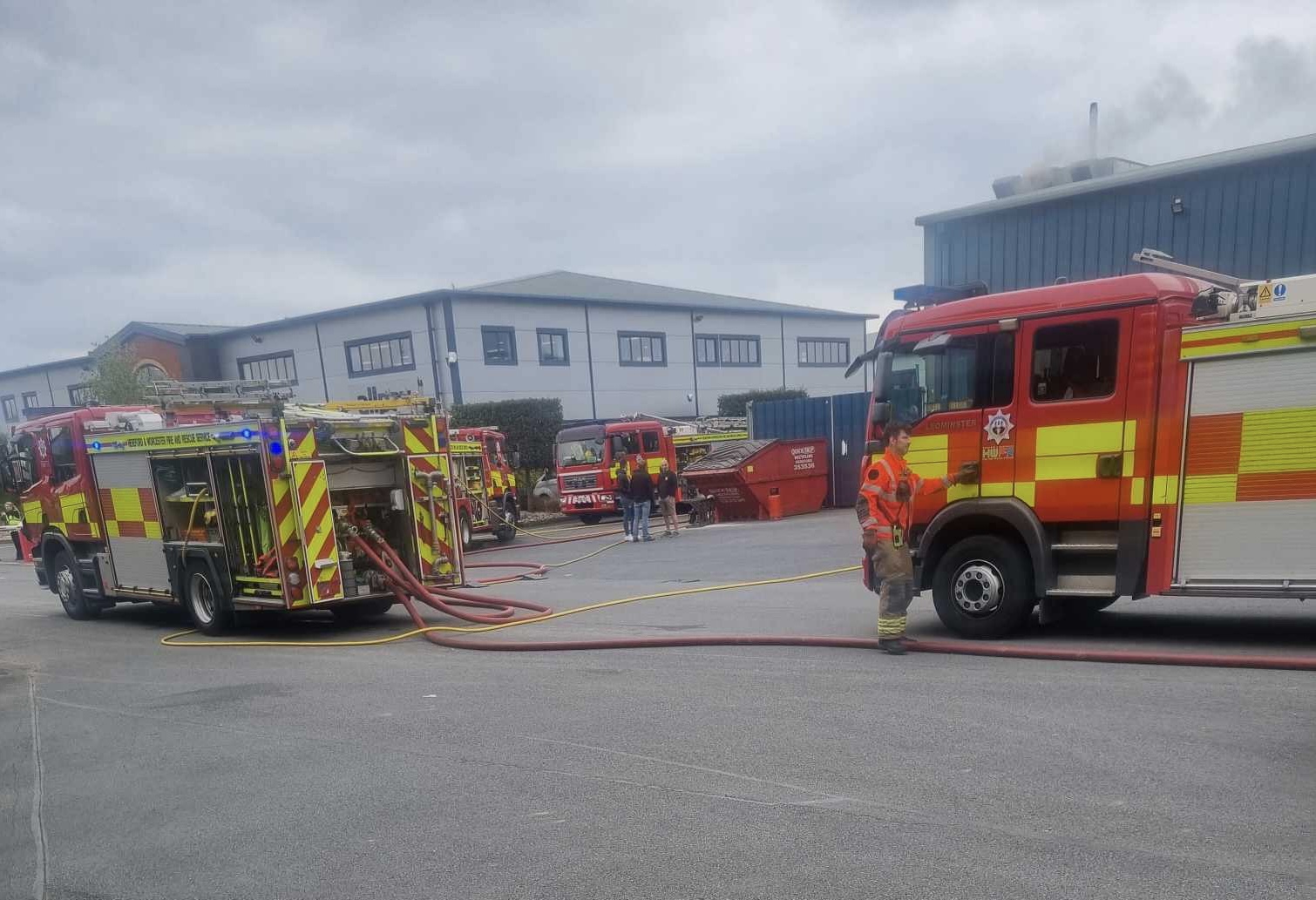New byelaws require all salmon caught on rod and line on the River Wye to be released alive with minimum injury and delay.
- The Environment Agency is introducing new byelaws on the River Wye to help protect increasingly vulnerable stocks of salmon and sea trout.
- All salmon and sea trout caught by rod and line must be released alive with minimum injury and delay to help combat stock declines.
- Salmon numbers are currently among the lowest on record and are below sustainable levels.
This decline has led to an introduction of byelaws as numbers of salmon stock are currently among the lowest on record and below sustainable levels.
The new byelaws for the Wye rod fishery will require mandatory catch and release of all salmon caught, as well as provide increased protection for sea trout. They also provide a revised end date for the salmon season so that it runs from 3 March to 17 October for the whole river and its tributaries.
Kevin Austin, Environment Agency’s Deputy Director for Agriculture, Fisheries and the Natural Environment, said:
We are committed to protecting our precious salmon and sea trout stocks for future generations to enjoy. This is why we are taking steps to limit pressures that contribute to salmon declines.
Fishing is only one of multiple factors that have led to the decline in salmon stocks in the Wye. However, we must do as much as we can to improve the chances for salmon to spawn successfully.
In recent years, the effects of long periods of low flow, increased temperatures and exceptional floods have all been having an impact on the water quality River Wye and its fish stocks.
We will continue to work with Natural Resources Wales on the wider issue of underlying sources of pollution that have a direct impact on fish stocks. We are committed to reducing pollution from agriculture. We have increased resources to the Wye catchment with newly appointed Agricultural Regulatory Officers and more Catchment Sensitive Farming support to farmers to help them reduce pollution through management of farmyard manure and soils.
The byelaw introductions have been approved and confirmed by Victoria Prentis the Under Secretary of State for Environment, Food and Rural Affairs (Defra) following a period of consultation.
The byelaws came into force on 10 March 2022 and will be in place until 31 December 2029, to coincide with the end of the ‘Cross Border Rivers’ byelaws.
The Environment Agency has worked with Natural Resources Wales to bring in the same protections for salmon and sea trout on the River Wye in Wales and England, maintaining a consistent catchment approach for the cross-border river. It also works with partner organisations and groups with a fisheries interest to support the recovery and long-term future sustainability of salmon and sea trout stocks and fisheries.
Background information
The existing byelaws mandating catch and release on the Wye, expired in December and new byelaws are necessary to ensure stocks continue to be protected.
What are the new byelaws?
The byelaws now require all salmon caught on rod and line on the River Wye must be released alive with minimum injury and delay.
New controls on angling methods such as the use of barbless hooks and restrictions on certain baits were implemented through the Cross Border Byelaws in 2020 and are intended to improve the survival of released fish so that they can contribute to spawning stocks. These are detailed below.
Existing controls on angling methods will prohibit specified methods for fishing for salmon and sea trout by rod and line within the River Wye as follows:
- ban on all bait fishing for salmon and sea trout
- the mandatory use of barbless hooks
- restrictions on hook type, size, and their number
The recent introduction of the 2021 Severn Estuary Net Limitation Order and Severn Salmon and Sea Trout Byelaws have closed the commercial net fisheries for putcher ranks and draft nets in the Severn Estuary; these have also reduced the lave nets to catch and release only. These fisheries previously exploited salmon stocks destined for the River Wye.
Responsible fishing provides a wonderful opportunity to connect with nature and feel the range of benefits doing so can bring. However, it is important to remember that if you decide to take up fishing, you must have a valid rod fishing licence and adhere to fishing byelaws and fishery rules.
It’s easy to buy a rod fishing licence online: https://www.gov.uk/fishing-licences/buy-a-fishing-licence
Rod fishing licence income is vital to the work of the Environment Agency to maintain, improve and develop fisheries.
Revenue generated from rod fishing licence sales is reinvested to benefit angling, examples include: tackling illegal fishing, protecting and restoring habitats for fish and improving facilities for anglers.
Contains public sector information licensed under the Open Government Licence v3.0.




